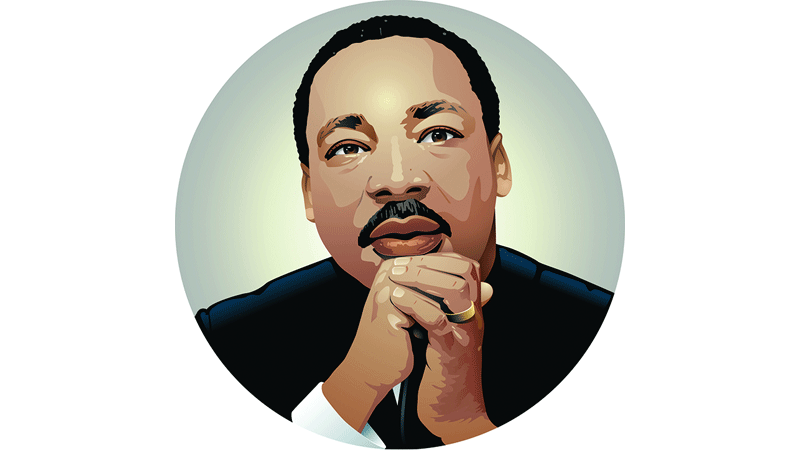Works by Martin Luther King Jr.
Published 8:00 am Wednesday, January 11, 2023
|
Getting your Trinity Audio player ready...
|
Martin Luther King, Jr. was one of the most influential Americans of the twentieth century. A scholar and minister who played a leading role in the civil rights movement of the 1950s and 1960s, King was tragically assassinated on April 4, 1968, less than three months after he turned 39.
Though King’s life was far too short, he left behind a host of notable works. These works can provide significant insight into who King was and the legacy he left behind.
• Stride Toward Freedom: The Montgomery Story. Published in 1958, this is King’s account of the Montgomery bus boycott that began in 1955 and ended in 1956. The book includes information about the planning of the boycott as well as King’s thoughts about it after it ended.
• The Measure of a Man. A short book, The Measure of a Man is actually two sermons King delivered in August 1958. The sermons are titled “What is Man?” and “The Dimensions of a Complete Life.” The Cornell University Library credits The Measure of a Man for offering insight into the theological roots of King’s philosophy of nonviolence.
• Strength to Love. A more extensive version of King’s sermons, Strength to Love focuses largely on racial segregation in the United States. King wrote the sermons in Strength to Love during the struggle for civil rights, even composing some of them while in jail.
• Why We Can’t Wait. Published in 1964, Why We Can’t Wait focuses on the nonviolent fight against racial segregation in 1963 in Birmingham. The book includes King’s “Letter from Birmingham Jail,” which remains one of his most famous writings.
• Where Do We Go from Here: Chaos or Community? This was King’s last book before he was assassinated. King wrote the book from a rented house in Jamaica in 1967 after isolating himself from the civil right movement. In the book, King contemplates where things stand for the civil rights movement and what must be done to ensure equality for all Americans in the future.
The collective works of Martin Luther King, Jr. provide unrivaled insight into the minds of the one of the most influential figures in American history.






